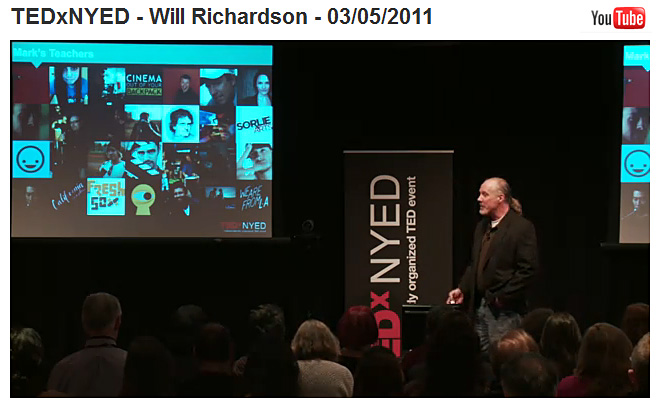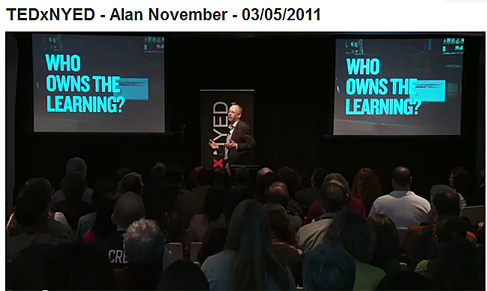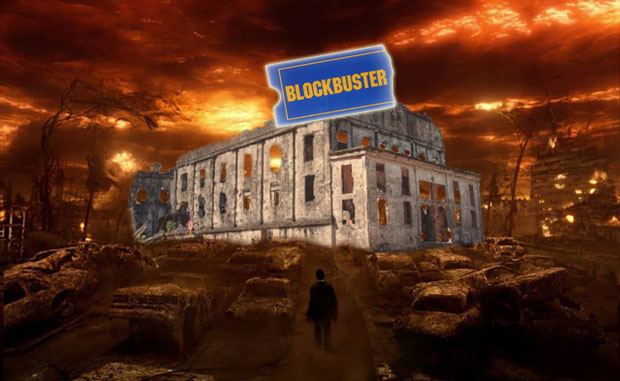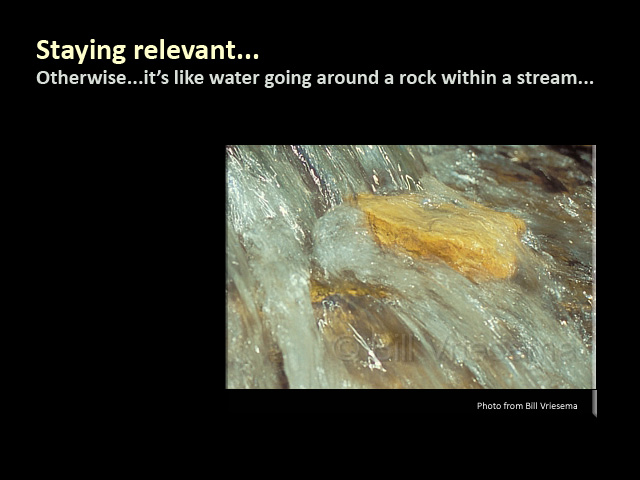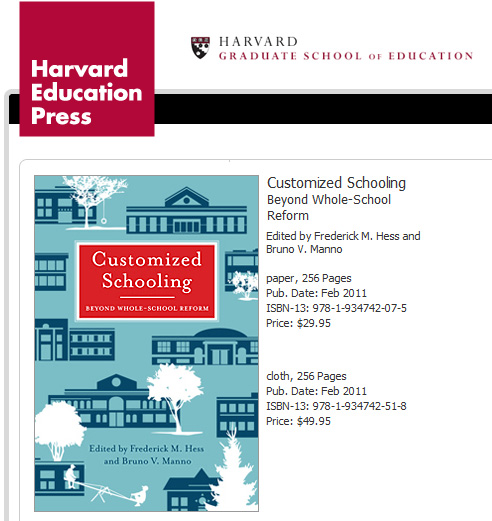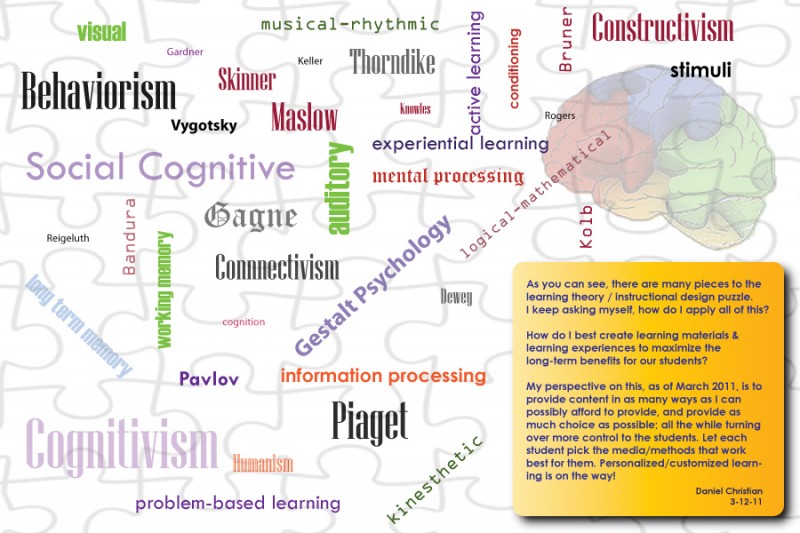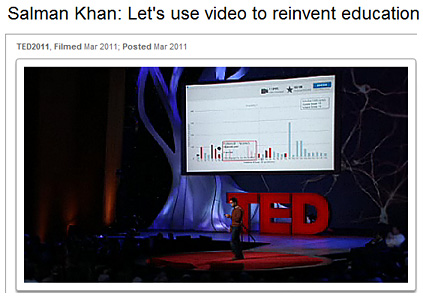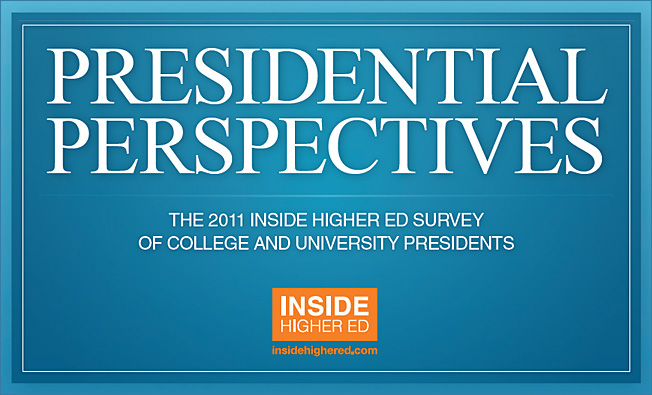Notes and most of the slides from the Keynotes [11.02MB]
John Chambers, CEO, Cisco
John reflects on why he believes we are better positioned than ever, as a global community, to take advantage of the major transitions that are occurring in education and technology today.
Michael Stevenson, Vice President, Global Education, Cisco
Michael discusses the journey for 21st century learning around the world, and how Cisco is working on critical partnerships to advance education transformation globally.
Gregory B. Whitby, Executive Director of Schools, Diocese of Parramatta
Leading learning for today’s world requires a deep understanding of learners, pedagogy, content and cultural change. Good teachers positively influence student learning outcomes so every school leader has a responsibility to lead and sustain educational change.
Salman Khan, Founder, Khan Academy
There is a lot of talk of how to use technology to improve technology, but very little discussion about using technology to RETHINK education. Salman Khan will outline his path to building the Khan Academy–used by over 1 million students every month–and think through what it means for transforming what happens inside and outside of the classroom.
Gay Krause, Founder, Krause Center for Innovation
The Krause Center for Innovation (KCI) was established to design and implement innovative professional development emphasizing technology integration and STEM subjects, to support the diverse workforce needed to compete in the knowledge economy. Our programs include: (1) MERIT (Making Education Relevant and Interactive through Technology) for enhancing curriculum, pedagogy, and technology skills for educators; (2) FAME (Faculty Academy for Mathematics Excellence) for using Internet technology to support student learning in Algebra; (3) FASTTech – short technology classes to enhance software-based skills. This presentation will address what we’ve learned from our ten years of professional development experience as well as the recommended future direction for PD in order to train educators to guide students to succeed in a global economy.
Gene Wilhoit, Executive Director, Council Chief State School Officers
What do today’s graduates need to know to succeed in tomorrow’s world? In the US and around the globe there are heightened expectations for education, and the multiple attributes students need to acquire to become active contributors in a complex global society. In this session, you will learn how the Council of Chief State School Officers is reshaping American public education, through clear, focused standards, more robust assessment designs, and accountability systems; redesign of our education workforce: and enhanced and dynamic information systems.
.
Notes and most of the slides from the College and University Breakout Session [9.52MB]
.










